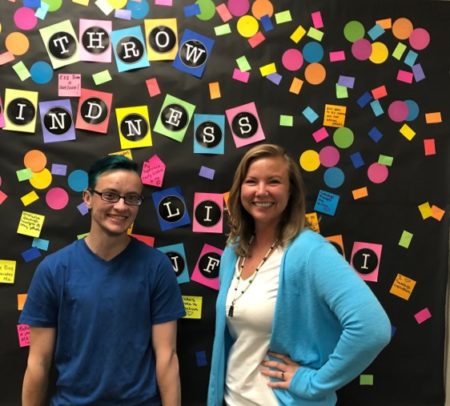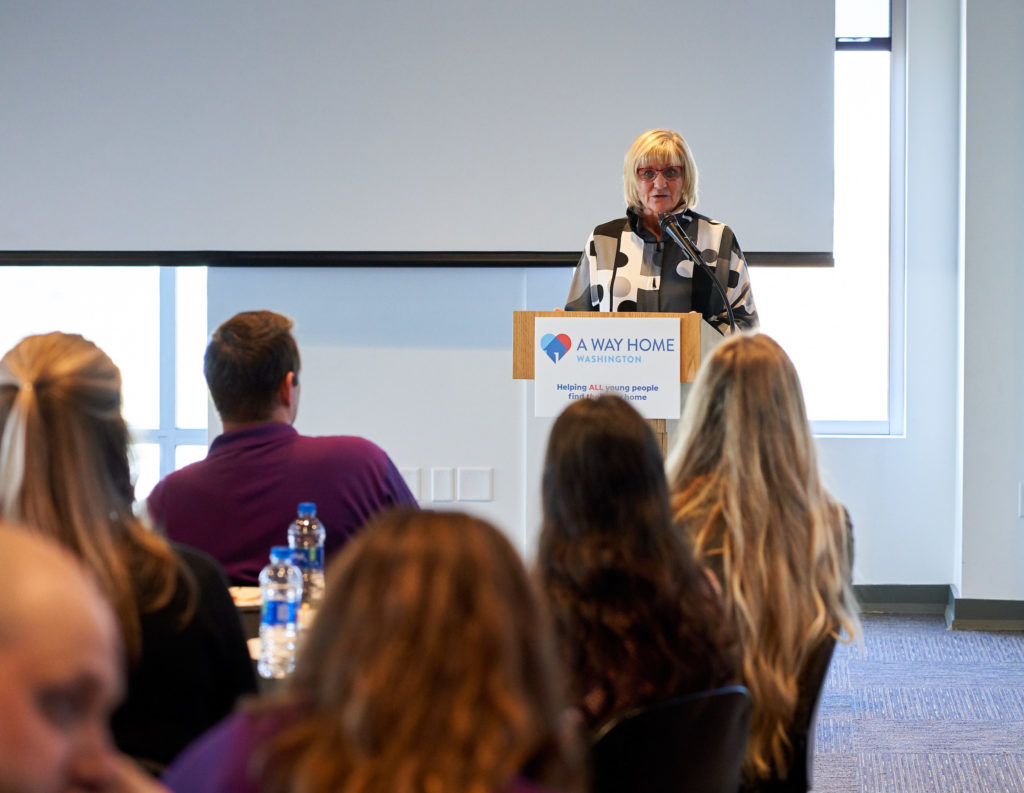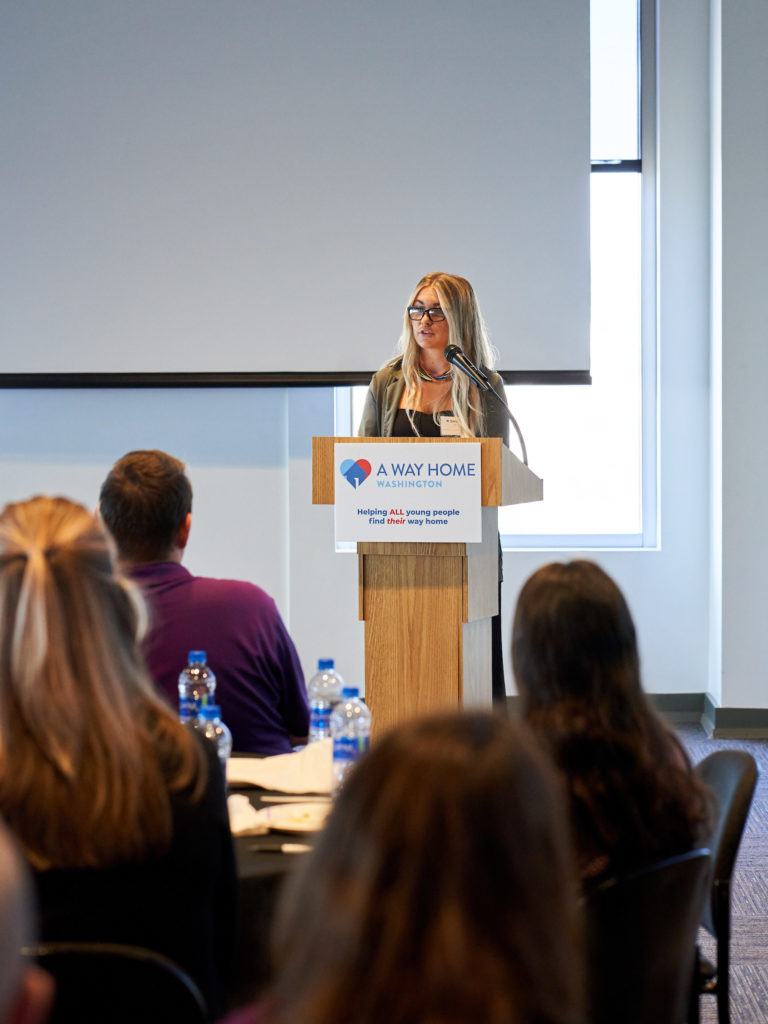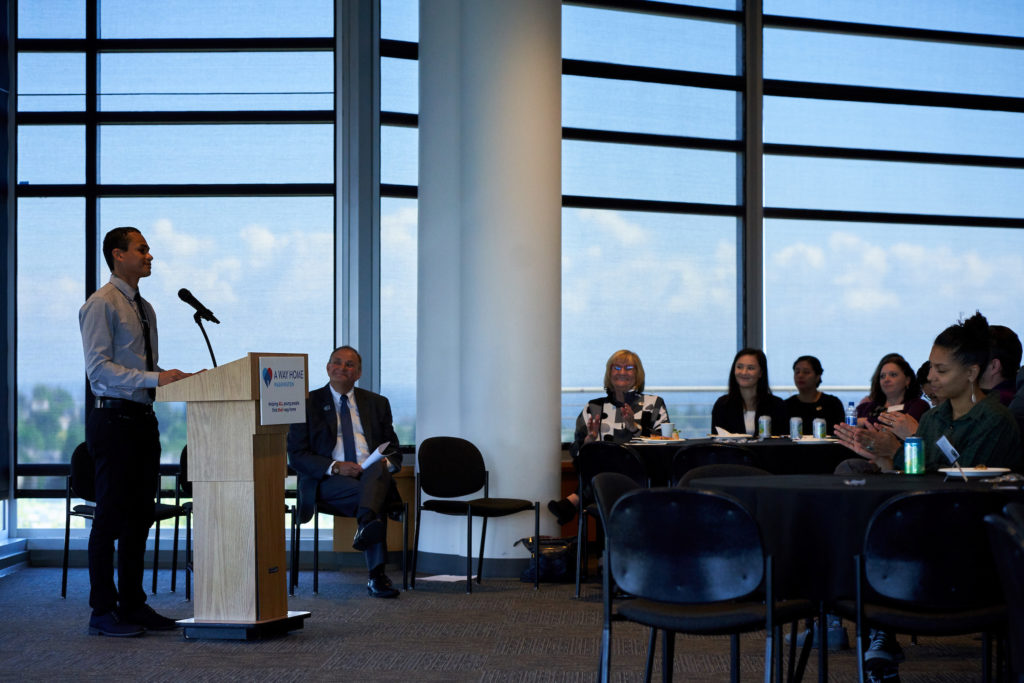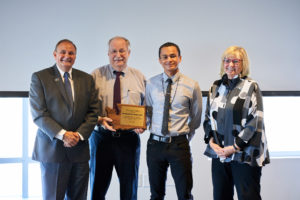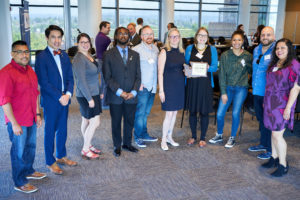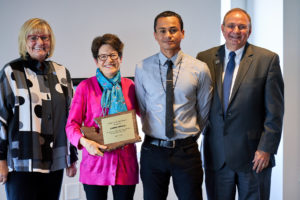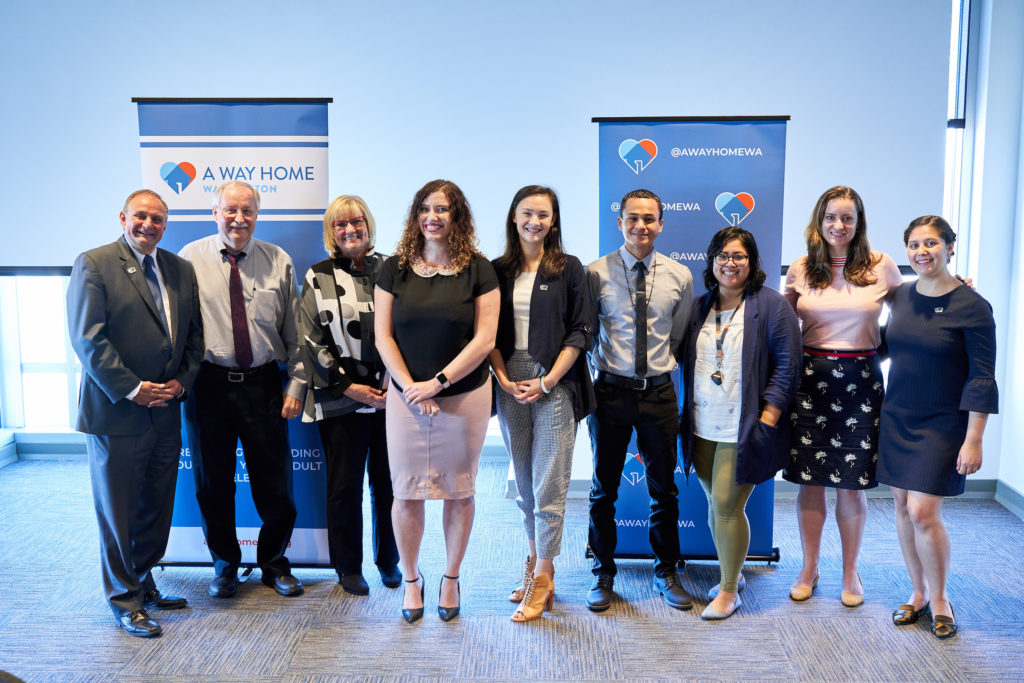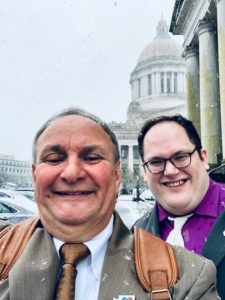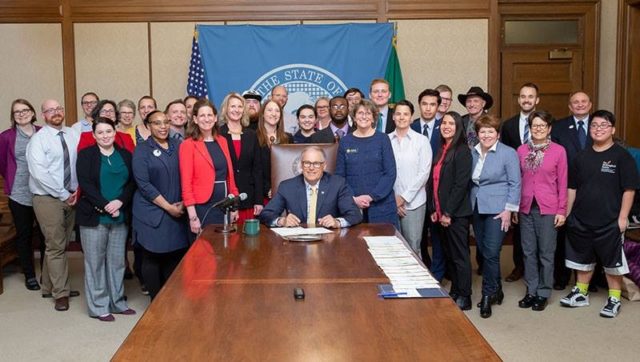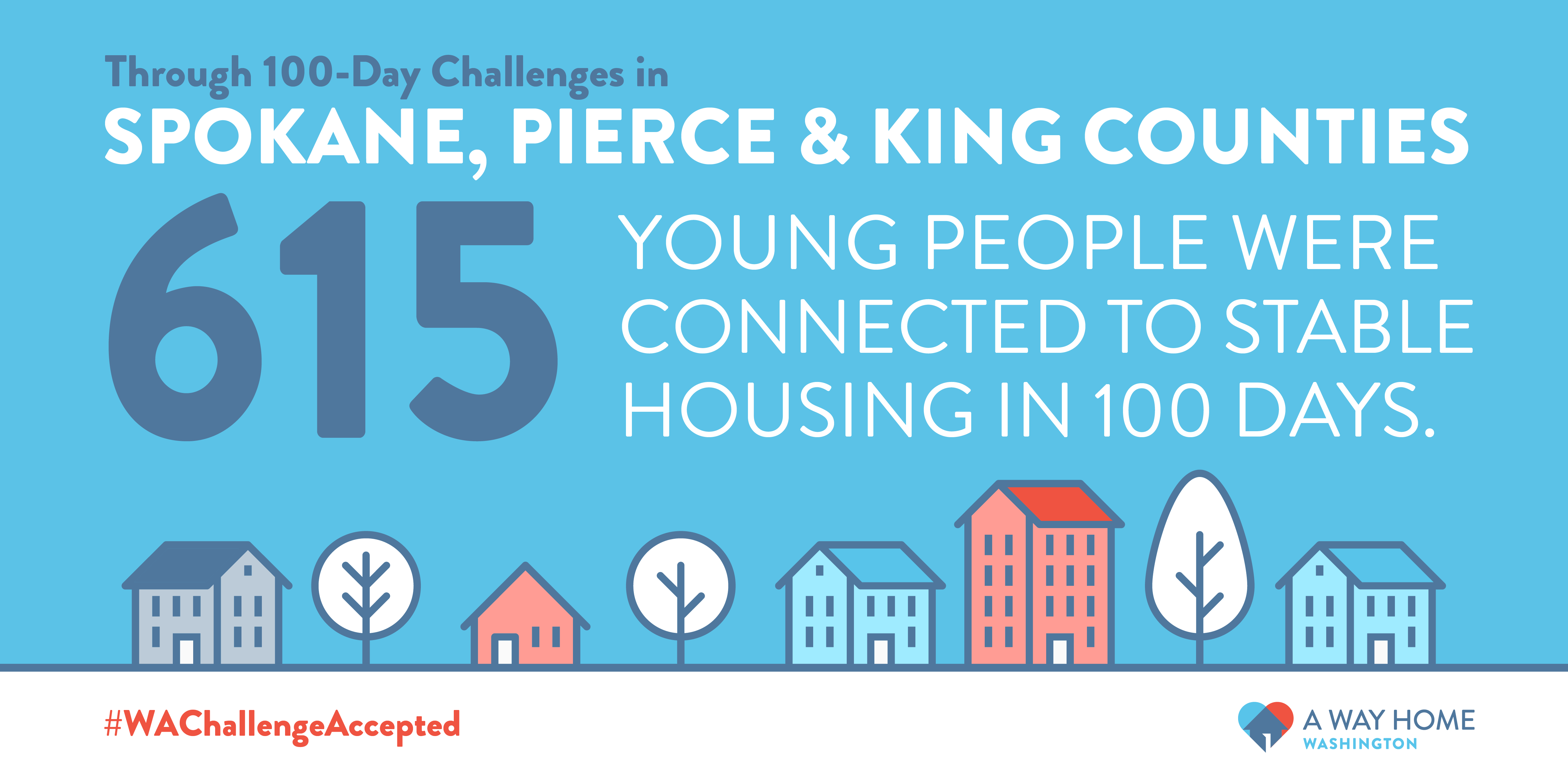Our Executive Director, Jim Theofelis, has dedicated his life to helping young people, as an advocate, a clinician and a leader in the movement to reform foster care and end youth and young adult homelessness. In this four-part series, Jim shares why he believes Washington state is poised to end youth and young adult homelessness, and what solutions he believes will make the greatest impact.
During my forty years on the front lines serving youth and young adults, it’s been my stubborn belief in solutions that’s kept me going. I’ve had some sobering moments, like attending the funerals of young people who did not survive the horrors of homelessness, and moments of great hope, like – pardon the repetition – passing the HOPE Act and founding The Mockingbird Society.
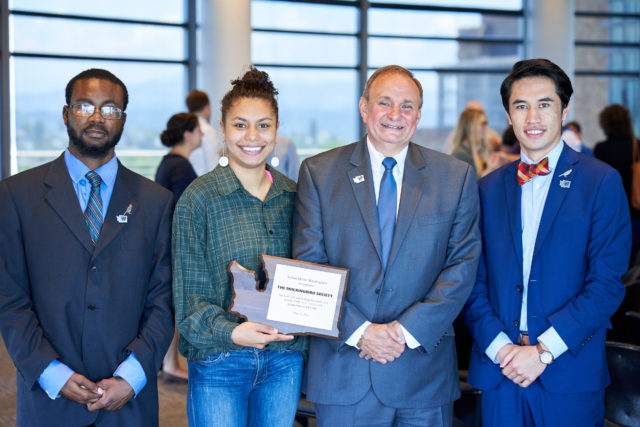
After all these ups and downs, these past few years launching A Way Home Washington and the Anchor Community Initiative have convinced me that we’re at a unique and promising point in time to end youth and young adult homelessness in Washington. I’ve seen policymakers, service providers, philanthropy, government agencies, business leaders – in short, entire communities – rally around our collective North Star: making sure no young person is forced to sleep outside or in unsafe conditions. And I’ve seen young people’s voices at the center of the movement, advocating for their peers, co-creating initiatives and sharing in decision-making. We’re all on this journey together and ending youth and young adult homelessness is in our reach.
Now, some may say, Jim’s always been a hopeless optimist – he’s not even talking about all the challenges we’re facing! But I’ve learned a thing or two in these forty years, and I know the harsh realities that we’re up against. Cycles of intergenerational poverty keep families from the opportunities and resources they need to provide young people stable homes. Systemic racism pervades every aspect of our society and leads us to fail young people of color, who disproportionately experience homelessness. Discrimination against the LGBTQ+ community leads support networks to turn their backs on LGBTQ+ young people in need.
Yes, these structural issues need to be addressed to create a system where no young person is left without safe, stable housing and a path forward. But these challenges are not new and they’re not unique to Washington state. What is new and unique to Washington state is the widespread commitment to young people from all the key players who need to collaborate on a solution to youth and young adult homelessness. Right now, we have our governor, our legislature, philanthropy and communities around the state aligned around our North Star. Most importantly, young people with lived experience of homelessness are at the table as decision makers and leaders. These courageous young people are advocating for themselves, their peers and the young children who don’t even know they may one day face homelessness.
I believe in solutions that create systemic, structural and sustainable change. I have every reason to believe that we are rising to the occasion and pursuing these solutions. Over my next few posts, I’ll explain what it means for a solution to create systemic, structural and sustainable change, and share some examples I see of solutions that meet these criteria. Until then, I hope I’ve shared at least a little bit of my optimism with you that together, we will end youth and young adult homelessness.

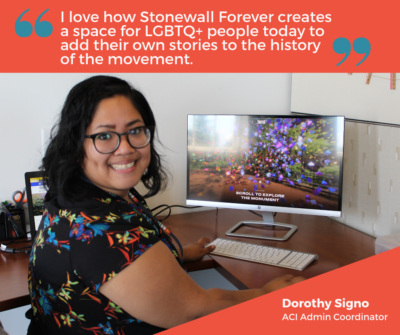 Dorothy’s Pick:
Dorothy’s Pick: 